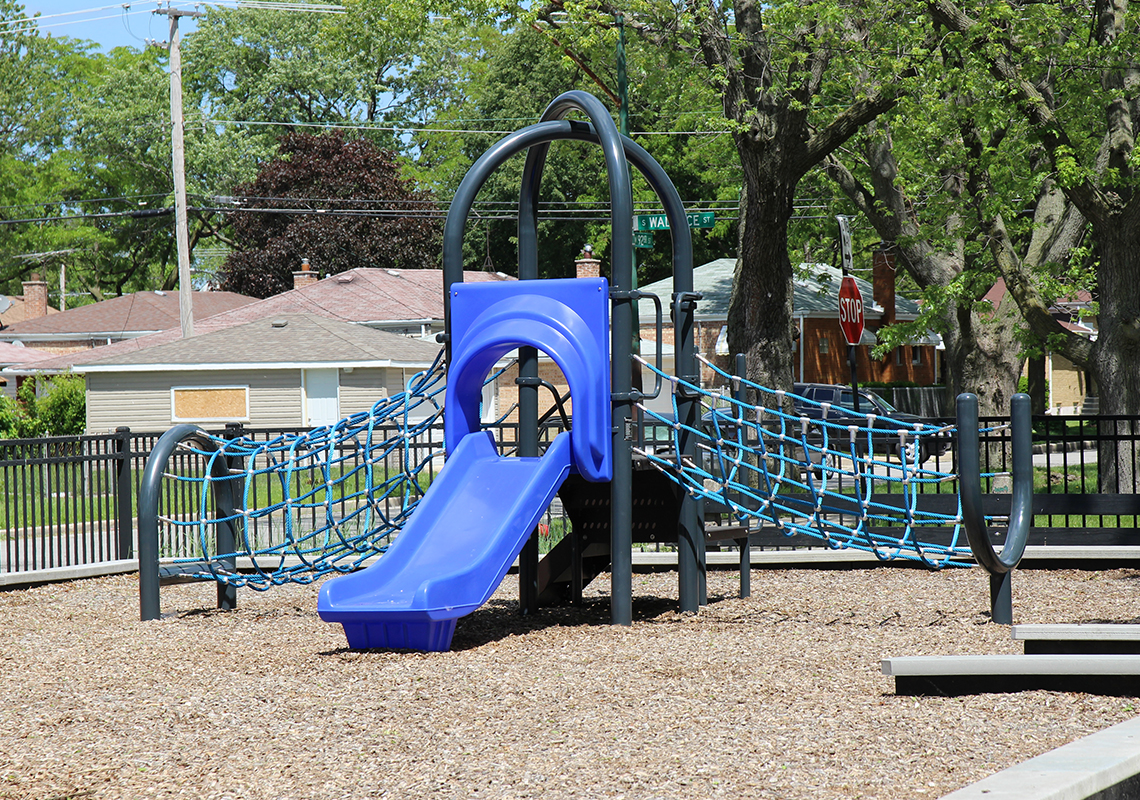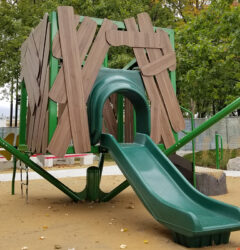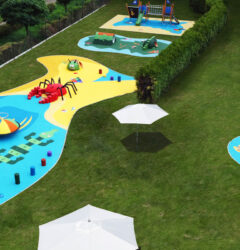05 Oct

If your child has been through a traumatic event and seems to be struggling, play therapy could be a great resource to help them deal with their own emotions. Play is such an integral part of our growth and development. It plays a vital role in our social, cognitive, physical, emotional and language skills. Can you imagine growing up without toys or make-believe? Even children who struggle with or have limited verbal communication can understand play, as it is a universal language in itself.
Play therapy can help children who exhibit symptoms of post-traumatic stress disorder (PTSD). For children who are not old enough to fully grasp cognitive-behavioural therapy, repetitious play therapy can help desensitize a child to the source of their trauma or anxiety.
Trauma and high stress experiences can affect all aspects of a child’s physiological and psychological growth, which is why children with trauma or PTSD may exhibit any of these common symptoms:
- Nightmares or sleep interruptions
- Lack of positive emotions
- Intense fear or sadness
- Irritability or anger
- Constantly looking for threats or if they are easily startled
- Reliving the event repeatedly
- Restless, fidgety, or have trouble paying attention (often mimicking symptom of ADHD)
While there are the blatantly obvious traumas – car accidents, death, abuse, sometimes the less obvious traumas that cause long-term harm too. Moving, divorce, natural disasters, and even routine medical procedures can cause trauma in children. Children who spend time in the foster care symptom have higher rates of PTSD, stress, and anxiety. This can manifest itself in ways that make the child seem emotionally numb, tense or closed off to others. Aggression, tantrums, and mean outbursts are an indication that something is wrong.
Not all trauma equates to PTSD. A PTSD diagnosis is generally reserved for trauma symptoms that last beyond the first three months of the initial event(s). Regardless of the severity or the event, play therapy can be a helpful tool, and can take place in a professional setting, with a therapist, and in your own home or safe space. Play therapy helps build coping skills and self-regulation techniques that help children with their unresolved trauma in a fun, motivating way.
Children take the lead in play therapy, with no real rules to how they play. This creates a higher level of independence and helps build trust to help work through issues. There are multiple ways to use play therapy, here are some common practices.
Arts and crafts
Painting or creating a picture out of fun materials is an effective way to get children to communicate their feelings. The child may be more likely to talk about how they feel while they are working on a project they enjoy.
Trauma Drawings
As an add-on to arts and crafts, you can encourage the child to draw a picture of how they perceived the traumatic event or experiences. The next step is to crumple up the paper and throw it away, or in the right-settings, light it on fire.
Dolls or Action Figures
This can be a great resource in family trauma situations, using a doll for each member of the family to gauge family dynamics. Children may recreate scenarios, offering insight into how they were made to feel about something that happened in the past.
Re-enactment Play
Recreate the traumatic event by using toys. Playing freely, with the toys that may reflect the stress or trauma, like using toy cars to recreate a crash, can help a child to gain a sense of control, and let go of lingering feelings.
Hide-and-Seek Play
Create hiding spaces in the playroom and play hide-and-seek. This method can be a way to explore issues like separation anxiety, loss, or abandonment.
Storytelling
Storytelling and roleplaying can make children feel less vulnerable and more open to share. Puppets, playing dress up, and acting it out can help make it feel safer to talk about feelings, fears, and anxieties.
These types of games or methods can bring up deep emotions, but they are also a straightforward way to have fun and create bonding opportunities to build on the trust to discuss the emotions on a continuous basis. This is a much more effective approach that just talk therapy. Healing from trauma involves different timelines and strategies, sometimes just a few sessions are required and other times it becomes part of a long-term plan.
Play therapy encourages a sense of value and self-acceptance. Children learn that their actions and decisions are importance as they lead the way through play. When a child can take charge of their own experience, and feel validated, the results are most often positive.
Play therapy is a valuable tool to help children heal from traumatic events. Parents and caregivers can seek out professional support, to learn skills that help to respond effectively to a child struggling with trauma. Parents and caregivers, provided they are not the ones causing the trauma, can play a substantial healing role in the lives of their children. Additional support can be found in schools, community and faith-based leaders, and child services supports.









Follow Dynamo Playgrounds